Curious what the RV living cost is? As with most things in life, there are many ways to RV; you can RV on a budget or you can buy a million-dollar coach. Today, we’ll take a closer look specifically at full-time RV living costs. Many people considering the RV lifestyle want to know- “is it cheaper to live in an RV”? And that’s a tough question to answer. It depends on what you’re comparing it to, and what your RV setup is. So we’ll explore some of the most common full-time RVing costs as it relates to a healthy lifestyle. You can decide based on your circumstances if RV life is cheaper, or would be cheaper, for you.
RV Life Costs
Purchasing your RV is the first determining factor in how much RV living will cost you. Some full-timers live in a van or a small casita, some live in large motorhomes, and there’s every option in-between. Whether you pay cash for your RV or need to take a loan will set the first monthly expense amount. The value of your RV will also greatly affect your insurance costs. The more expensive the RV, the more you’ll pay for insurance.
There’s also the tow car or towed car to consider. If you live in a van, it is your RV home and your daily driver, that’s only one insurance payment. If you choose a travel trailer or a fifth wheel, you’ll likely need a truck to tow it with. Then you often end up with a vehicle and an RV of similar value and two insurance payments. The age and type of your RV will also determine your RV maintenance costs. An older rig might have $500/mo in RV maintenance and repair costs that come up. Whereas a new trailer might come with a warranty and you can plan on $0/mo in repair costs.
The next major consideration is where you will park your RV:
- RV Parks
If you plan to stay in RV parks, you can pay nightly, weekly, or even monthly in many places. On a monthly basis, you might find parks between $800-1000/mo. But if you pay nightly full-time, you’ll be looking at over $2,000/mo in parking fees. So the RV Park cost per month varies greatly depending on your travel style. - Boondocking
If you’d prefer to be out in nature at state parks, national forests, or even just boondocking on public land, the RV parking costs will be much less. On average, this option is $30/ni or less, or even free. But for most full-time RVers, the ability to live this way comes with the upfront cost of installing an RV solar system. Complete RV solar systems can cost anywhere from $5,000 to $15,000. This amount depends on how much solar, how many batteries, what type of inverter, etc.
So how much it costs to live out of an RV depends largely on your choices about what type of RV you want to live in, and where you want to park it. Of course, there are other factors like how far you travel and therefore how much fuel you consume, but the RV and parking it are the two biggest costs for most new full-time RVers.
Food Costs
We all know that processed food and fast foods are cheap and easy when you’re on the road, but what about if you want to live a healthy RV life? Again it depends on what you’re comparing to, but RV life has the potential to be cheaper as it relates to food. This is mostly related to whether you eat out or cook at home.
Here are the top considerations:
- Location
If you park your RV in a city versus out in the wild, this will affect your food choices. If you park out in nature away from city amenities you might be more likely to cook at home. And if you lived in a major town or city prior to RV life, this could be cheaper compared to your sticks and bricks. - RV Kitchen
If your RV kitchen is big and beautiful with a nice-sized fridge and plenty of storage, you may be more likely to cook at home. In a van with limited counter space, no oven, and a tiny fridge, you may cook even less than you would in a normal home. If cooking at home to save on food costs is a priority to you, choose an RV with an ample kitchen. - Supplies
If your home kitchen had every gadget imaginable but you have no room for appliances in your RV, you may be less likely to cook at home. Be sure to prioritize the key RV cooking accessories to support your desire to cook in the RV. Have the basics for some healthy RV cooking recipes. And arm yourself with some RV cooking recipes that excite you.
Fitness Costs
- Equipment
The cost of RV workout equipment shouldn’t be much different as compared to at-home exercise equipment you may have had in your sticks and bricks. In fact, you may be able to take some of your at-home workout supplies with you for fitness on the road such as resistance bands, dumbbells, yoga mat, etc. - Park Fees
While you’re traveling, you will likely want to explore new areas by hiking or biking, and sometimes you will pay a park entry fee to do so. If you had an active life back home in your sticks and bricks, this shouldn’t be too much of an increased cost. - Gym Membership
One thing you might consider upgrading would be your gym membership. Many nationwide gyms offer a nationwide membership so you can visit any of their facilities across the US. This typically costs a bit more monthly than access to just your local gym. - Bodywork
One cost that many full-timers see decrease when living in their RV is massage, chiropractic, acupuncture, etc. It is much easier to go to all of your regular bodywork providers at home than it is to try and figure out these services in a new town every week or two.
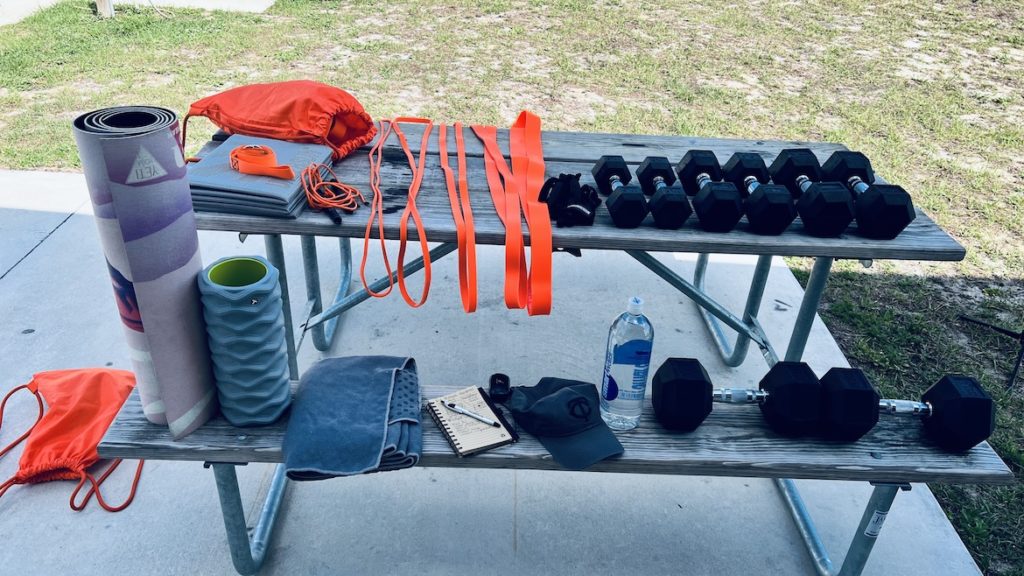
So is RV life cheaper? That’s really up to you! Many people choose the full-time RV lifestyle as a cheaper alternative to a traditional home. Many people choose RV life for freedom and adventure and aren’t concerned about whether it’s less expensive than their stationary life. We hope the considerations included here help you figure out how much healthy RV living might cost you, and guide you toward a decision that supports your goals.
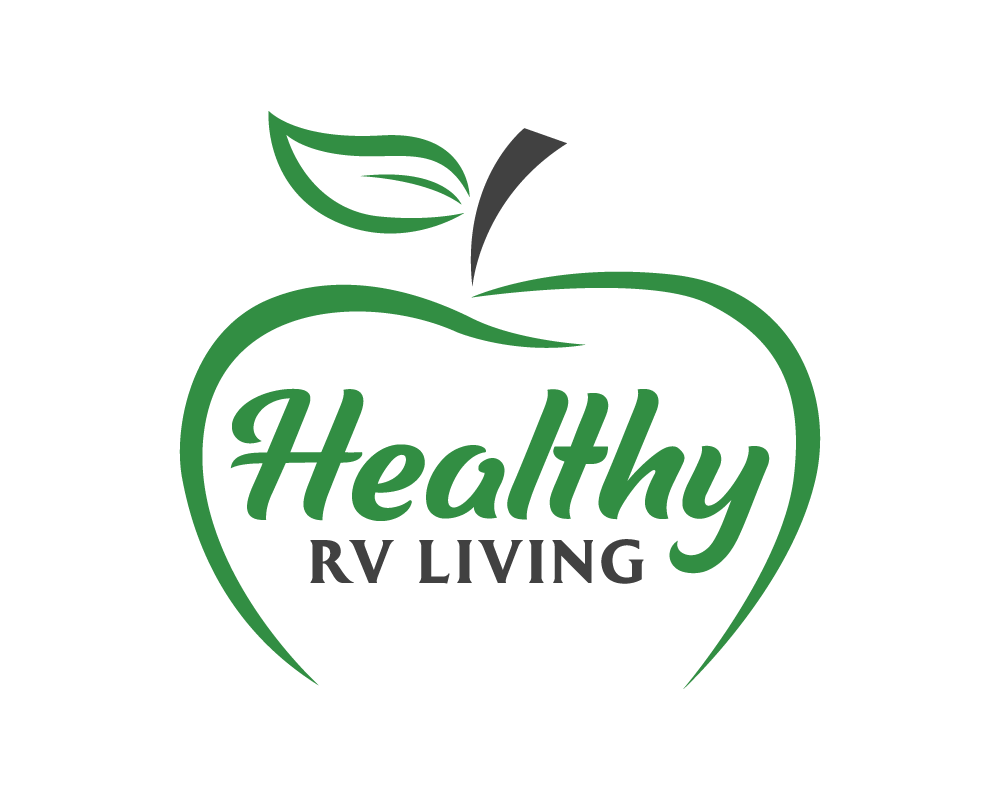

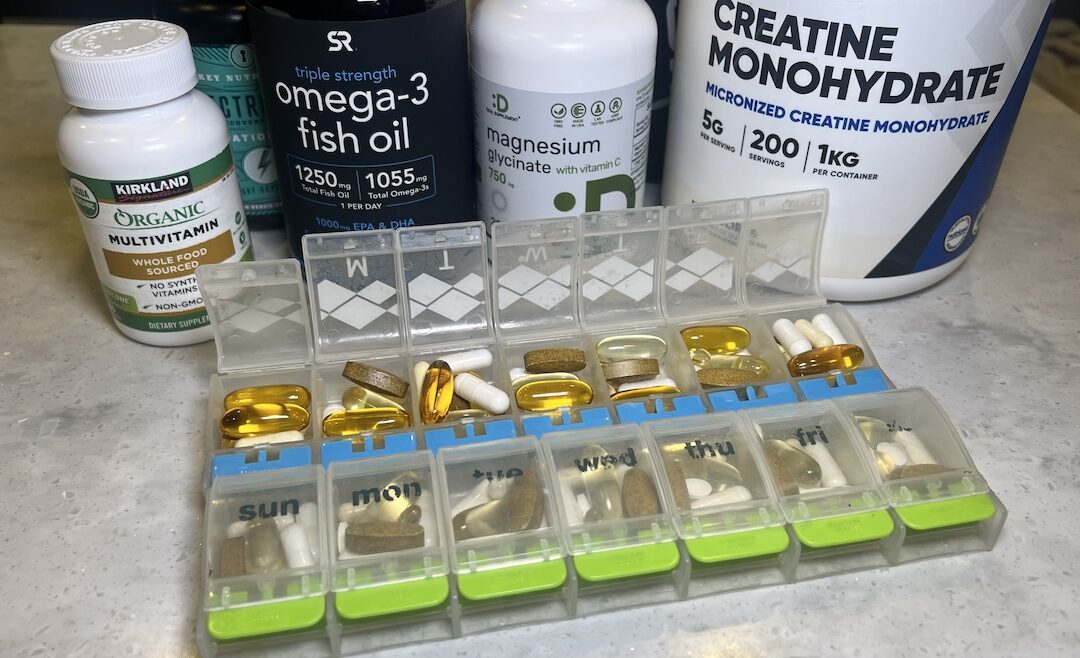
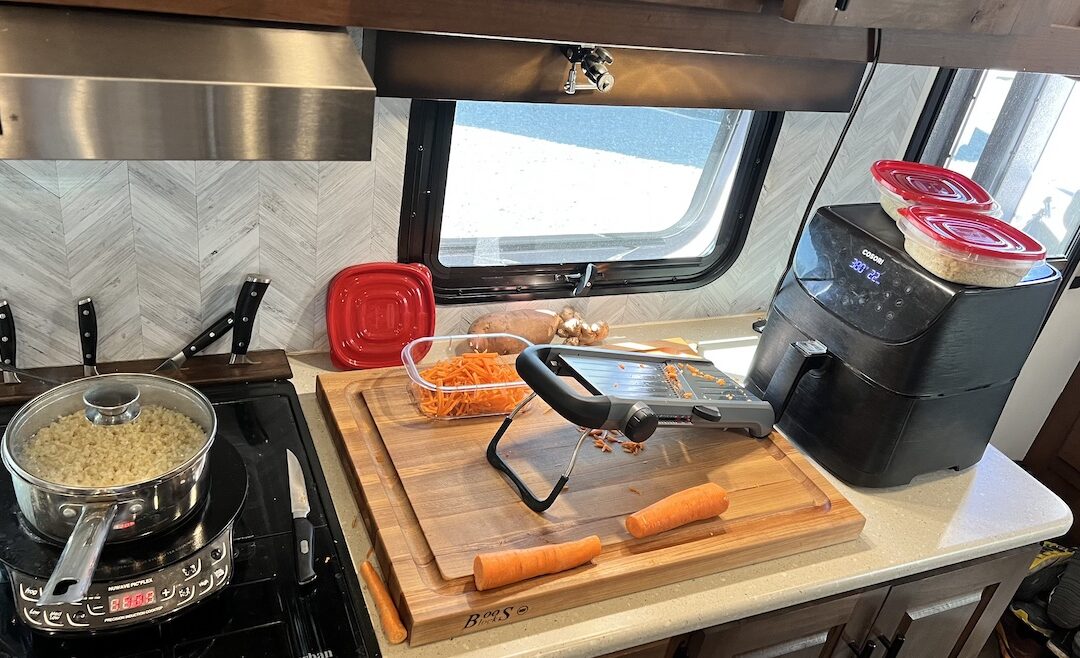
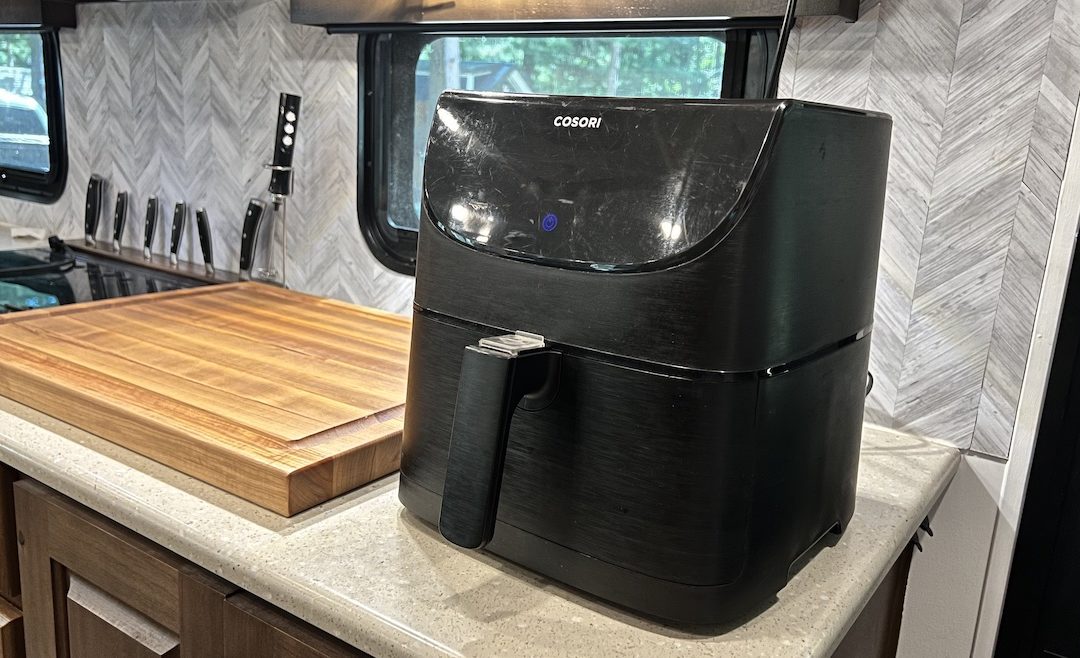
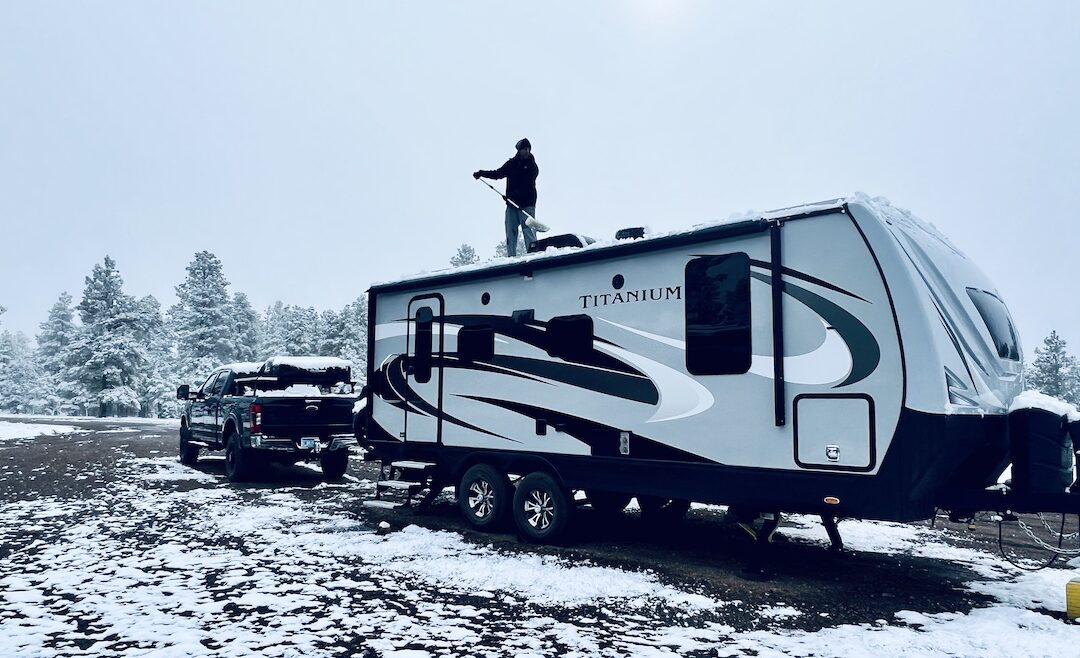

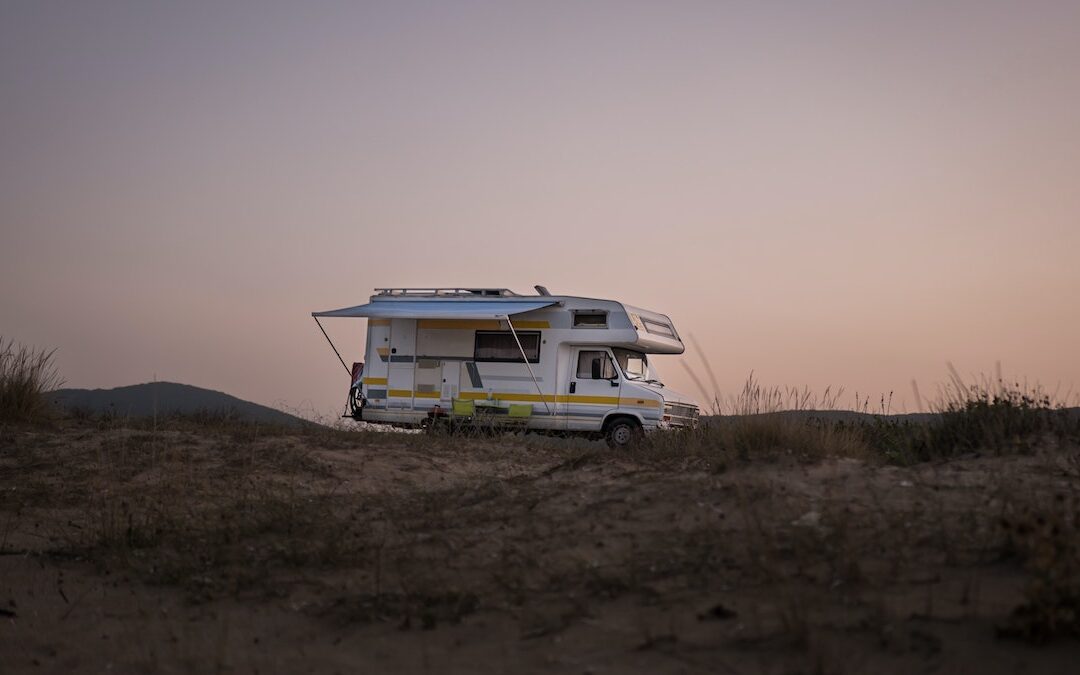
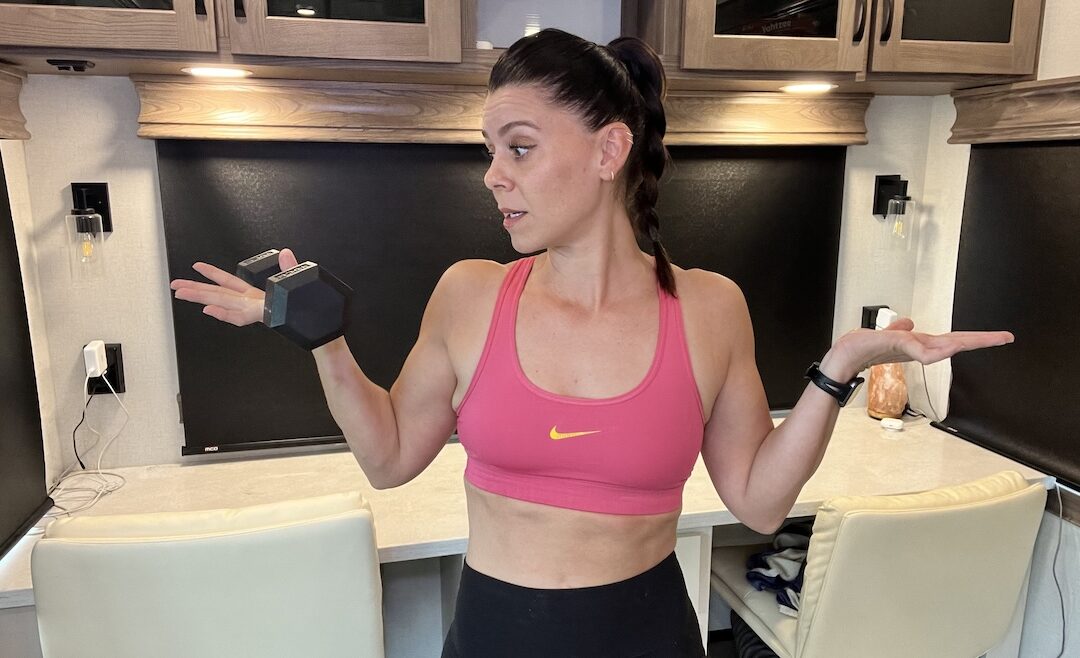
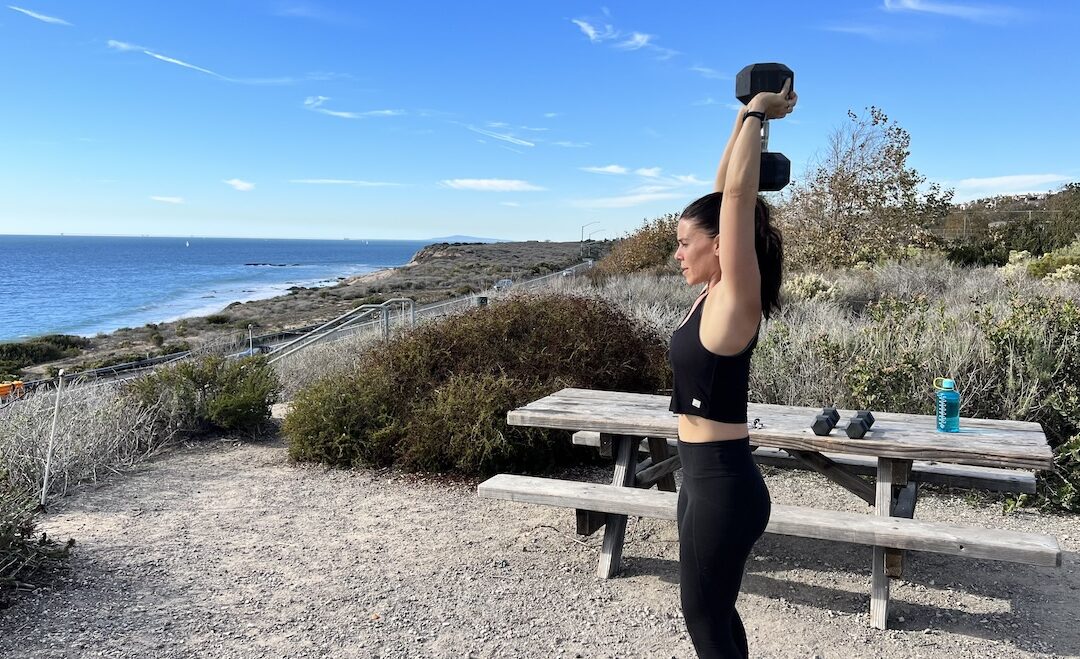
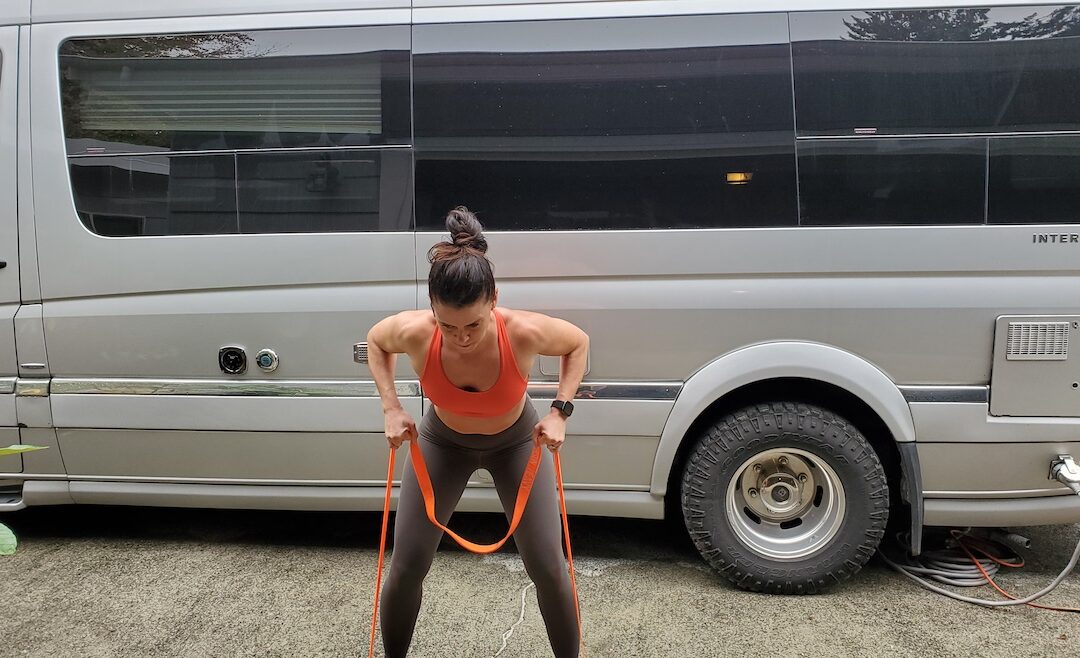
0 Comments